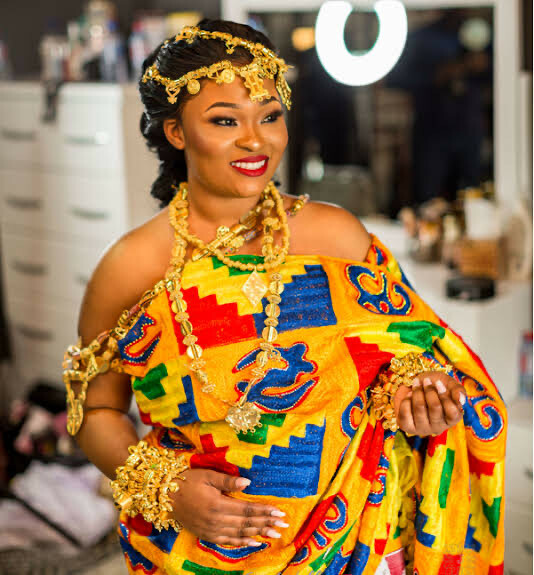Accra is its capital and largest city, and English is the country's official lingua franca. However, Akan is the most popularly used language in English spoken by nearly 67.1% of Ghanians. The word Ghana means “Warrior King” in the Soninke language.

Lake Volta, Ghana
Ghana is pretty much at the centre of the world, being both close to the equator and on the Greenwich Meridian, which represents 0° longitude. On a world map, you’ll find it on the west coast of Africa - bordering the Atlantic Ocean and closest to the Americas. Follow the western coast of Africa until it curves inwards and you’ll have located the Gulf of Guinea. Now, draw a line straight down from London to the Gulf of Guinea and you’ll have landed on Ghana.
So if anyone asks what time it is in Ghana? Well, that’s easy. Ghanaian time is exactly the same as Greenwich Mean Time, so it shares a time zone with London. Ghana has the oldest European built castle in Africa. Elmina Castle is the oldest European built construction in Sub-Saharan Africa. It was built by the Portuguese around 1482 and its name translates as gold mine. However, it has a sad history and serves as a pertinent reminder to the brutal past of the colonial world. The castle was once used to store slaves before they were shipped off and taken to the Americas.

Ferdie Adoboe
Ghana was the first country to gain independence from the British colony in 1957. Ghana before 1957 was commonly known as the Gold Coast due to the availability of gold along the rivers Ankobra and Volta. The gold availability in the region created vested interests between the British and Portuguese in 1482. Kwame Nkrumah became the first president of independent Ghana after they gained independence in 1957.
Ghana is rich in gold and diamonds. In fact it is Africa's second largest (after South Africa) and the world's 7th largest producer of gold. Little wonder why Ghana was previously named the Gold Coast. Also cocoa is one of the major export products of Ghana. From cocoa, products like cocoa beans, cocoa paste and cocoa butter were made.

Kejetia open air market, Kumasi
Ghana's official currency of trade, the Cedis is derived from the African word for cowry shell. The cowry is a small snail that is found in the sea. Originally, the actual shells from the snails were used as currency. The Cedis is divided into smaller units called pesewas. 100 pesewas make one cedi.

Ghana Cedis
Ghana has the biggest open-air market and one of the largest of its kind on the continent. The Kejetia Market or Kumasi Central Market located in Kumasi, Ashanti is where products like handcrafts, jewelries, grains etc are sold on a large scale.
The world's largest artificial reservoir, Lake Volta is located behind the Akosombo Dam in Ghana. It covers an area of 8,502 square km and is the largest in the world by surface area.
Ghana produces a unique cloth called Kente. Kente is also known by the name Nwentom and is produced in the southern half of the country. It is a cloth which is woven from silk and cotton and was originally held in such high esteem that only nobility and royalty would wear it. Nowadays, it is much more widespread in its use but is still held in very high esteem by the Akan natives of the country. It is defined by its bright, dazzling color and often geometric patterns which make it really stand out. Kente is one of Africa's biggest clothing influences in the diaspora community.
Polygamy is legal in Ghana and people do not have a problem with the polygamous families in so far as the breadwinner can sufficiently provide for the families. However, marrying more than one wife is most often than not a reserve for the wealthier as well as powerful members of the society.
In 1983, a man from Ghana named Ferdie Ato Adoboe set a Guinness world record. He successfully ran 100 meters backwards in a remarkable 13.6 seconds. What a rare, remarkable feat!
